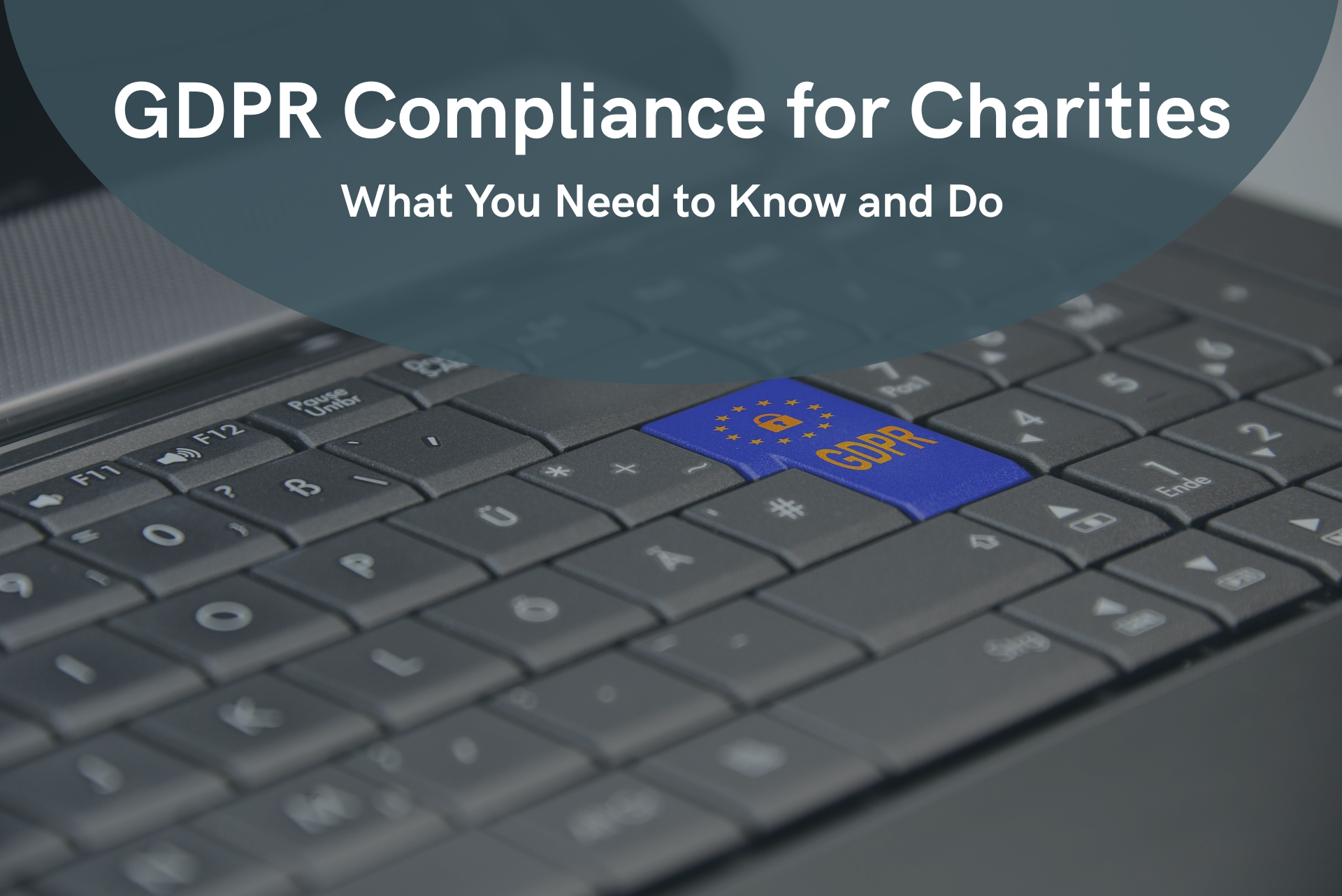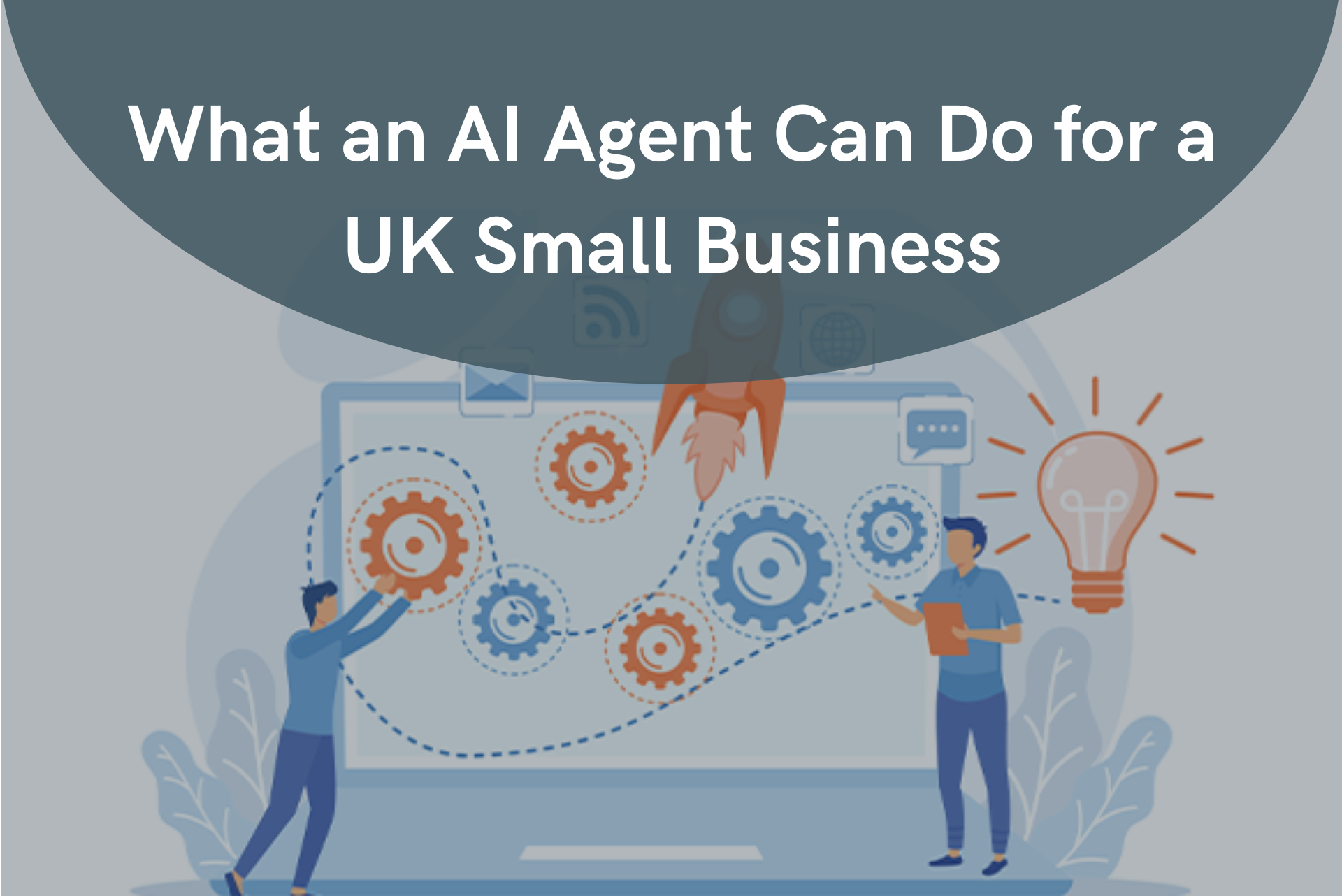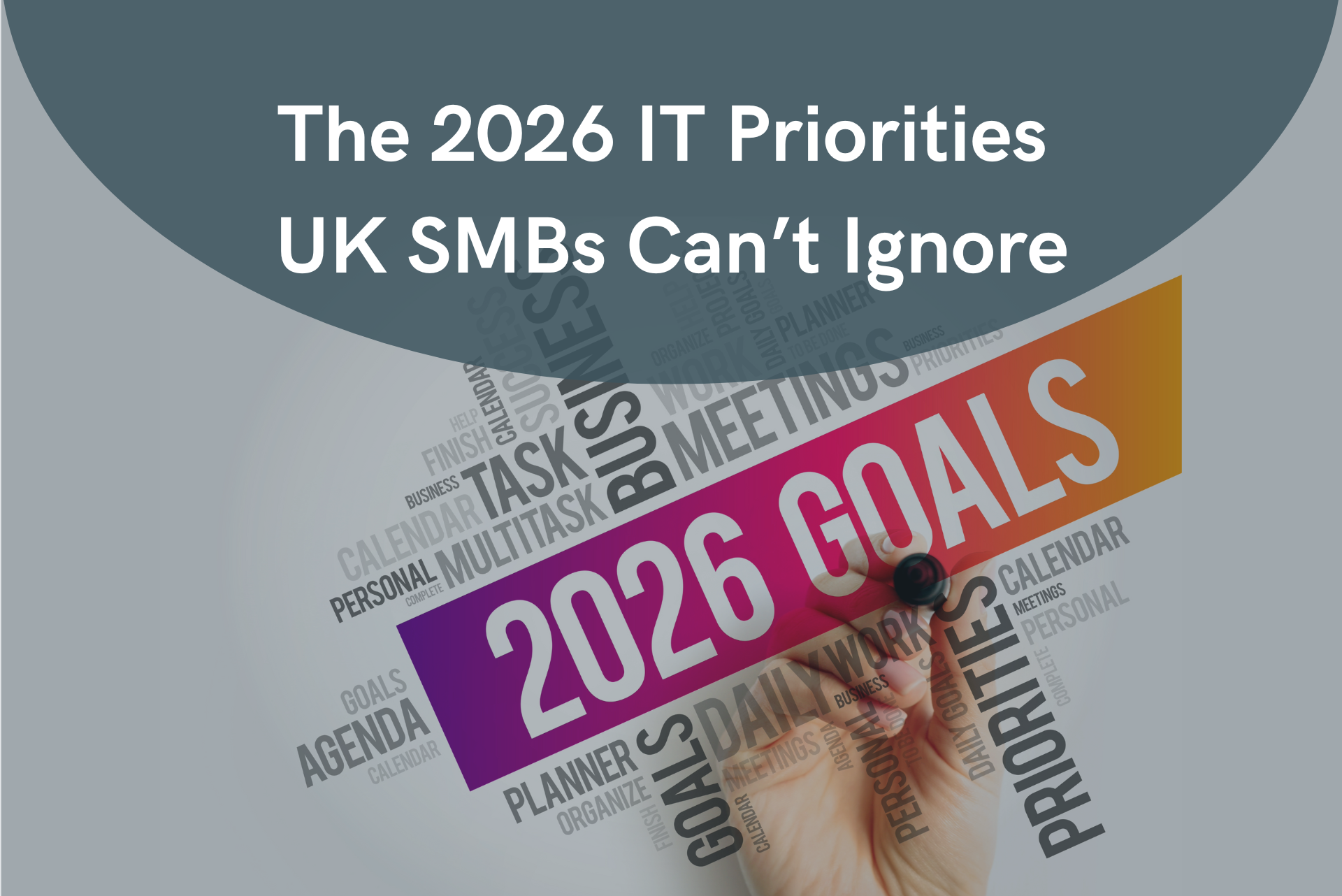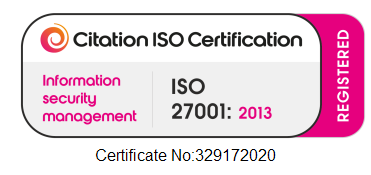GDPR Compliance for Charities: What You Need to Know and Do
Think GDPR is just for the big players? Think again.
Every charity, community group, and voluntary organisation that collects or stores personal data must comply with the General Data Protection Regulation (GDPR). That includes everything from donor names and email addresses to sensitive service user information.

Unfortunately, many non-profits assume GDPR is either too complex, too expensive, or simply not relevant to them. But the truth is, data protection is now a key part of how you're judged—by the public, by funders, and by the regulators.
At Cranborne Technologies, we help charities get compliant in ways that are realistic, affordable, and easy to maintain. Because data security isn’t just about avoiding fines. It’s about protecting your reputation—and the people you serve.
Why GDPR Matters More Than Ever
Data is a powerful asset. But if mishandled, it becomes a liability.
Whether you’re running a local advice service or a national housing trust, chances are your charity handles personal information daily: donor lists, referral forms, medical records, volunteer details.
That makes you a data controller under GDPR and gives you a legal duty to protect that information from loss, misuse, or unauthorised access.
Still not convinced? Here’s what’s at stake:
- Fines – The Information Commissioner’s Office (ICO) can issue penalties for non-compliance, even if you're a small organisation.
- Reputation – A data breach can seriously harm the trust you've built with donors, service users, and partners.
- Regulatory standing – Data protection is increasingly part of funding criteria and service audits. Poor practices could limit your opportunities.
What GDPR Requires from Charities
At its core, GDPR is about accountability, transparency, and responsible data use. Here are the basics you need to get right:
1. Know what you collect and why
You must document what personal data you hold, where it’s stored, how it’s used, and your legal basis for using it (e.g., consent, contract, legitimate interest).
2. Obtain proper consent
Gone are the days of pre-ticked boxes. You must ensure individuals knowingly opt in to communications and have a clear way to opt out.
3. Store data securely
Whether it’s on a local PC, a cloud system, or a paper file, you must safeguard data against theft, loss, or unauthorised access.
4. Limit access
Only staff or volunteers who need specific data should have access to it. Access control is a basic but powerful safeguard.
5. Be ready for Subject Access Requests
Any individual can ask what data you hold on them and request that it be corrected or deleted. You need a plan for how to respond.
Where Charities Often Struggle
You’re not alone. Many non-profits face similar challenges:
- Using spreadsheets or USBs to manage donor lists
- Storing sensitive files in unsecured email accounts
- Sharing passwords among team members
- Not knowing who has access to what
- Using outdated devices or software that lacks basic protections
These aren’t just IT issues they’re organisational risks. Without proper systems and oversight, even well-intentioned teams can breach GDPR rules.
How Cranborne Supports You
At Cranborne, we specialise in helping UK charities and non-profits build practical, sustainable data protection strategies. Here’s what we do:
✔ Data audits
We map out what data you hold, where it’s stored, who has access, and where the vulnerabilities are. This forms the foundation of your GDPR compliance plan.
✔ Secure cloud storage
We move your sensitive documents to secure, encrypted platforms like Microsoft 365 and SharePoint removing the risk from USBs, desktops, or email chains.
✔ Email encryption & access control
We configure your systems so that only authorised users can access sensitive information, and all email communications are encrypted.
✔ Backup & recovery
We help you build a simple, reliable recovery plan—so that if something goes wrong, your data isn’t gone forever.
✔ Training & ongoing support
We can also deliver awareness sessions for your team, helping them understand the importance of GDPR and their role in keeping data safe.
Why It’s Worth Doing
Yes, GDPR can seem daunting. But getting it right shows funders, partners, and service users that you take trust seriously. It builds confidence, demonstrates professionalism, and helps you stand out in a competitive funding landscape.
With the right tools in place, data protection becomes something that works quietly in the background—keeping your organisation safe while your team focuses on what matters: delivering impact.
What You Can Do Next
If you’re unsure where to start, begin with a data audit. Find out what personal information you’re holding, why you’re holding it, and whether your current systems are secure.
From there, you can make targeted improvements that reduce risk and improve confidence.




